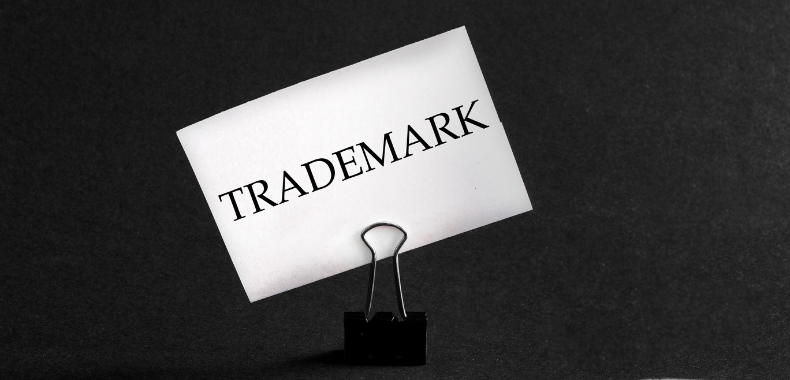A legal dispute unfolding in Brazil pits local entrepreneur Marcos Juliano Ofenbock against global gaming giant Epic Games over the alleged unauthorized use of the trademark Futsac in the widely popular game Fortnite. The case is currently before the Federal Regional Court of the 2nd Region in Rio de Janeiro.
Fortnite is known for offering players a range of purchasable digital content, like character dances and gestures called “emotes.” In July 2020, an emote named “Futsac” was made available in the in-game store for 200 V-Bucks, the game’s virtual currency, equivalent to approximately R$6.40 at the time.
The term “Futsac”, for instance, is not just a random label. It is the registered trademark of a sports apparel brand created by Ofenbock in Curitiba, Brazil. The sport, locally known as “futebol de saco” (bag football), was developed as a hybrid of footbag and footvolley. The game is played with a crocheted ball weighing about 50 grams, designed specifically for the sport. The name Futsac was coined to market the balls and its related apparel.
Marcos Ofenbock first filed for trademark registration of Futsac with the Brazilian Trademark and Patent Office (BPTO) in 2011 (Class 25 – clothing) and again in 2013 (Class 28 – toys, games, and sporting goods), both as mixed-form marks including the logo. In 2021, he expanded his protection by filing a nominative trademark in Class 28 and registering under Class 41 for entertainment and education services.
According to Ofenbock, Epic Games used the name Futsac in Fortnite without his authorization. Despite being notified in 2021, the company allegedly continued to sell the emote under the same name. Between 2020 and 2023, the “Futsac” emote appeared in the in-game store on at least 30 separate occasions.

In June 2024, Epic Games filed a request for a preliminary injunction to suspend the Futsac trademark registrations. They argued that “Futsac” is a generic or descriptive term derived from “futebol de saco” and should not be subject to exclusive rights under Article 124, item VI of Brazil’s Industrial Property Law (Law No. 9.279/96).
In April 2025, Judge Simone Schreiber partially granted Epic’s request, temporarily suspending two of Ofenbock’s trademark registrations. However, this preliminary decision was reversed just one week later after a successful appeal by Ofenbock’s legal team. As a result, the trademarks remain in force, though their legal status continues to be contested.
For Ofenbock, the dispute has had tangible consequences. Production of Futsac balls has been halted, and investment discussions for brand expansion have been put on hold. The local cooperative responsible for manufacturing the handcrafted balls, suspended operations amid legal uncertainties. The conflict goes beyond legal rights—it affects jobs, cultural heritage, and local entrepreneurship.
Thus, it is visible that the case highlights the complexities international companies face when operating in foreign markets, especially where IP rights may intersect with local innovations and cultural expressions. While Epic Games maintains that the term is descriptive and free for public use, the case underscores the importance of conducting thorough due diligence and respecting existing trademark protections.
Companies expanding their digital and commercial footprint in Brazil should ensure they proactively secure and monitor their intellectual property assets. Early registration and comprehensive legal strategies remain the best defenses against future disputes.
—
Author: Carlos Roberto Parra, Thaís de Kássia R. A. Penteado and Cesar Peduti Filho, Peduti Advogados.
Source: Gigante norte-americana de games processa empreendedor curitibano
—
“If you want to learn more about this topic, contact the author or the managing partner, Dr. Cesar Peduti Filho.”
“Se quiser saber mais sobre este tema, contate o autor ou o Dr. Cesar Peduti Filho.”


